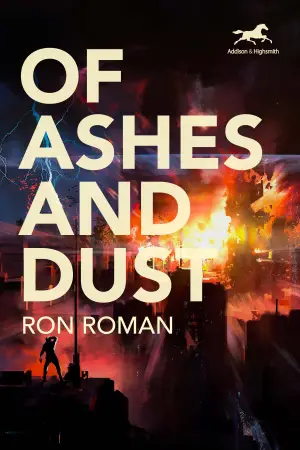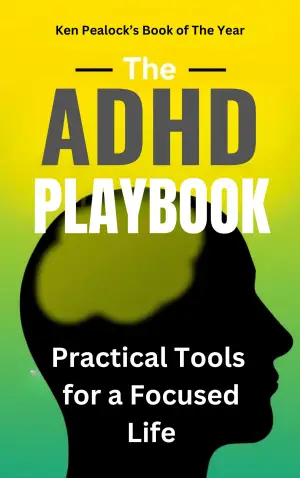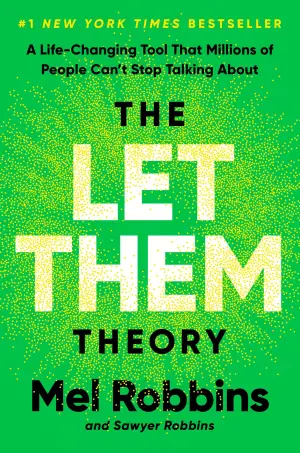Book Review: Black Pill: How I Witnessed the Darkest Corners of the Internet Come to Life, Poison Society, and Capture American Politics by Elle Reeve
I remember the first time I watched Elle Reeve’s viral Vice video on the Charlottesville rally. It was a gut-wrenching exposé, laying bare the intricacies of hate and extremism in a way that made it impossible to look away. Fast forward nearly a decade, and her new book, Black Pill, resonates with that same gritty urgency. In these tumultuous times, diving into the dark corners of our collective online existence feels less like an option and more like a responsibility.
Reeve offers us a gripping personal narrative that begins with her childhood, drawing a stark line from her early experiences of harassment to her career investigating extremism. This backdrop lays the foundation for the book’s exploration of incel culture, white supremacy, and the broader societal implications of online communities gone awry. As she delves into the mindsets of figures like Fred Brannon, the architect of 8kun, it becomes clear that these stories, while chilling, carry lessons that extend beyond the individuals themselves.
What stood out to me was Reeve’s ability to weave personal anecdotes with broader socio-political analysis. The way she captures the grim reality of incel culture is unsettling yet revealing. Brannon’s reflections, marked by regret and disillusionment, shine a light on how ironic detachment on the internet morphed into real-world horrors. I found myself simultaneously horrified and fascinated by his confession that his project envisioned as a forum for "unlimited" free speech became a platform for the worst of humanity. It’s a stark reminder of how intentions can often spiral into something unrecognizable.
The exploration of white supremacy in the book is equally compelling, yet deeply disturbing. Reeve interviews notorious figures like Richard Spencer, shedding light on the sexist mindset that runs rampant within these circles. The term "white sharia," which I was unfamiliar with, exemplifies the horrific intertwining of racism and misogyny that permeates these ideologies. As disturbing as these revelations are, they are necessary for understanding the toxic environment that breeds such hate.
Reeve doesn’t shy away from the aftermath, notably focusing on the fallout from events like the 2016 election and the Unite the Right rally. By the time we reach Christopher Cantwell, the infamous “Crying Nazi,” it’s hard not to feel a twisted sense of vindication watching some of these figures face consequences. Yet, the narrative resonates with a haunting reality: while specific characters may falter, the ideologies they espoused are far from extinguished.
What struck me most profoundly about Black Pill is how it moves beyond finger-pointing at "losers" or "extremists." It urges readers to dissect the societal structures that allow such figures to thrive. Reeve’s writing is not just a recounting of horror; it’s a plea for understanding and introspection. Ultimately, she poses questions that linger long after the last page is turned: Why do these beliefs take root? How can society address such profound issues?
This book is a must-read for anyone looking to comprehend the complexities of our present moment. If you find yourself grappling with questions about extremism, social media’s dark influence, or simply the state of American politics, Reeve’s analysis offers critical insights. Though the material is often bleak, it serves as a necessary wake-up call to confront the challenging realities of our world.
For me, Black Pill has not only educated but also motivated a deeper inquiry into the nuances of hate and resistance. As we move forward, I can’t help but wonder how Elle Reeve will continue to capture the unfolding narrative in American life. Here’s hoping for a sequel that wrestles with the lessons learned in this era.
Discover more about Black Pill: How I Witnessed the Darkest Corners of the … on GoodReads >>















